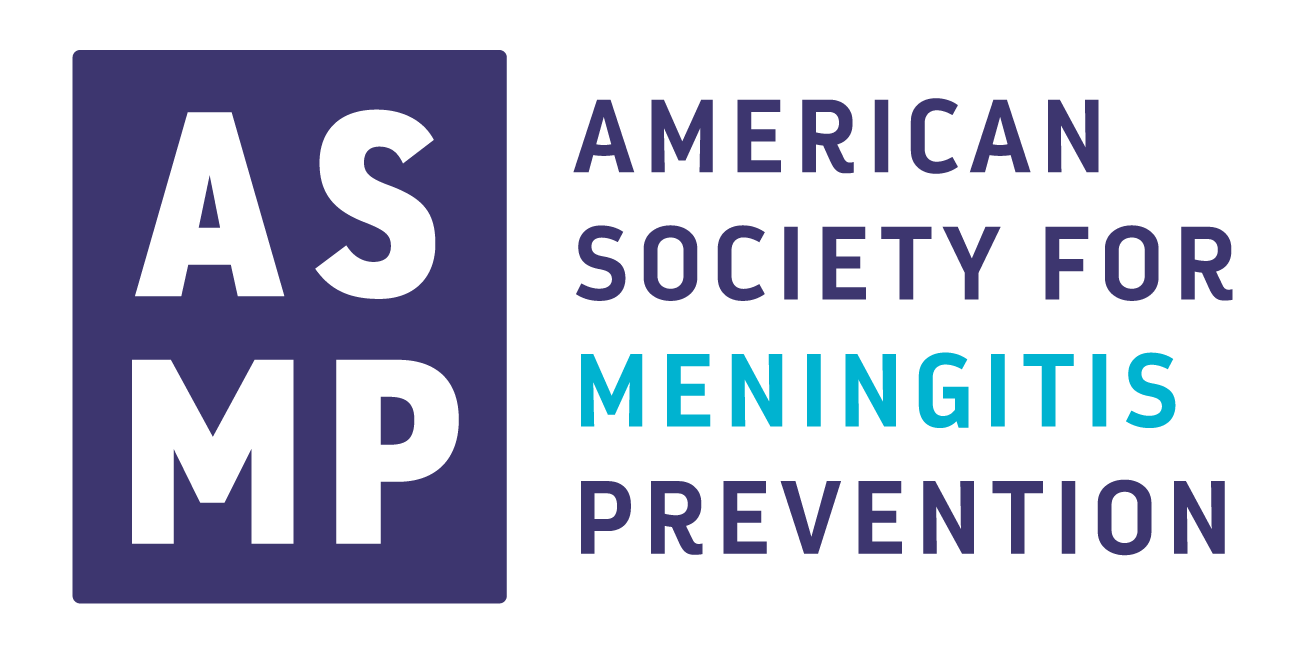Connie Dollard Ingram
ASMP Advocate
Our then-19-year-old son Jackson, a college freshman, returned to our home in Colorado the Saturday before the Thanksgiving holiday in 2017. He was happy and healthy. Even after traveling all day, he did a 75-minute workout on the rowing erg machine to keep in shape. We had just seen him compete two weeks earlier at men’s crew regattas in New Jersey and Pennsylvania. But two nights before Thanksgiving, he started vomiting. We assumed it was a stomach bug going around, or even something he ate. Wednesday, he had a fever; but Wednesday night, he seemed to be improving, and we were encouraged that he had asked for some food: applesauce and chicken soup. He ate a little, vomited again, and then fell asleep.
Thanksgiving morning, he slept late. I rushed to his room to offer to cook breakfast for him. His door was open, so I looked in on him and was shocked to see him covered in a purplish rash, all over his body. His eyes were open but he was completely unresponsive. He didn’t seem to be aware of my presence but kept moving his arms out to the side of the bed as if reaching for something. I asked him if he could hear me and told him I was going to call 911 if he didn’t respond. I called 911 immediately and ran to wake my husband to go to the hospital.
Within minutes, a team of paramedics carried him down the stairs and out of the house on a stretcher.
At the hospital, he was examined in the emergency department, where doctors determined he was in severe septic shock and multiple organ failure. The ER doctor sent me out of the room and performed a spinal tap. They told me they could tell just by looking at the spinal fluid that he had meningitis, and he was rushed to the ICU, put into a medically induced coma, intubated, and treated with IV antibiotics. The infectious disease doctor told us they were “just trying to keep Jackson alive” and couldn’t provide any prognosis.
I couldn’t believe the diagnosis: Jackson had all his vaccines. I was vigilant about my children’s healthcare. If the pediatrician recommended a vaccine, I’d make sure both of my sons received that vaccine. The medical team explained the vaccine Jackson had received (which covered the Meningitis serogroups A, C, W, and Y) didn’t protect against Meningitis B. In 2017, when Jackson got sick, the Meningitis B vaccine was fairly new in the U.S. and not well-known by most pediatricians and family practitioners, and was not required by many colleges. The medical form provided by the college had the Meningitis B vaccine blacked out, as not required, so our doctor did not order it for him.
Because meningitis strikes so quickly and mimics many other illnesses, I started calling Jackson’s friends, girlfriend, college roommates, the school, and even the airline Jackson had flown home on to warn them. I learned one of his crew teammates was also being treated in a hospital in New York and, like Jackson, was fighting for his life. Also, like Jackson, his teammate had been vaccinated, but not for Meningitis B. They, too, had never heard of it.
The college administration declined my request to alert the school to Jackson’s condition. They told me the Department of Health had informed them that a meningitis incident wasn’t an outbreak until the second person was officially diagnosed. Had we been warned, we could have gotten to the hospital sooner, instead of assuming Jackson had a stomach virus.
On Saturday, doctors started waking him up. For the first time in four days, he was gaining awareness of his surroundings. There was a long road to recovery after that night. Jackson was always a high achiever, earning an academic scholarship for college. Now, his cognitive functioning had slowed down, his short-term memory was impaired and he was unable to read a page and remember what he’d read. While he had hoped to recover in time to return to college in January, he was unable to take his first semester finals until seven months later: in July instead of December. Slowly, he regained his physical strength and was able to return to exercising and getting in shape to return to college and the crew team.
Jackson’s determination on his road to recovery has inspired me to advocate and educate parents. Talking about what happened that Thanksgiving morning and reliving those events is stressful and upsetting, but it’s worth reliving if I can convince one more parent to ask their child’s pediatrician about the meningitis B vaccine.
I am happy to share that Jackson is thriving and just celebrated his graduation from law school in May of 2024.
Connie and her son, Jackson


